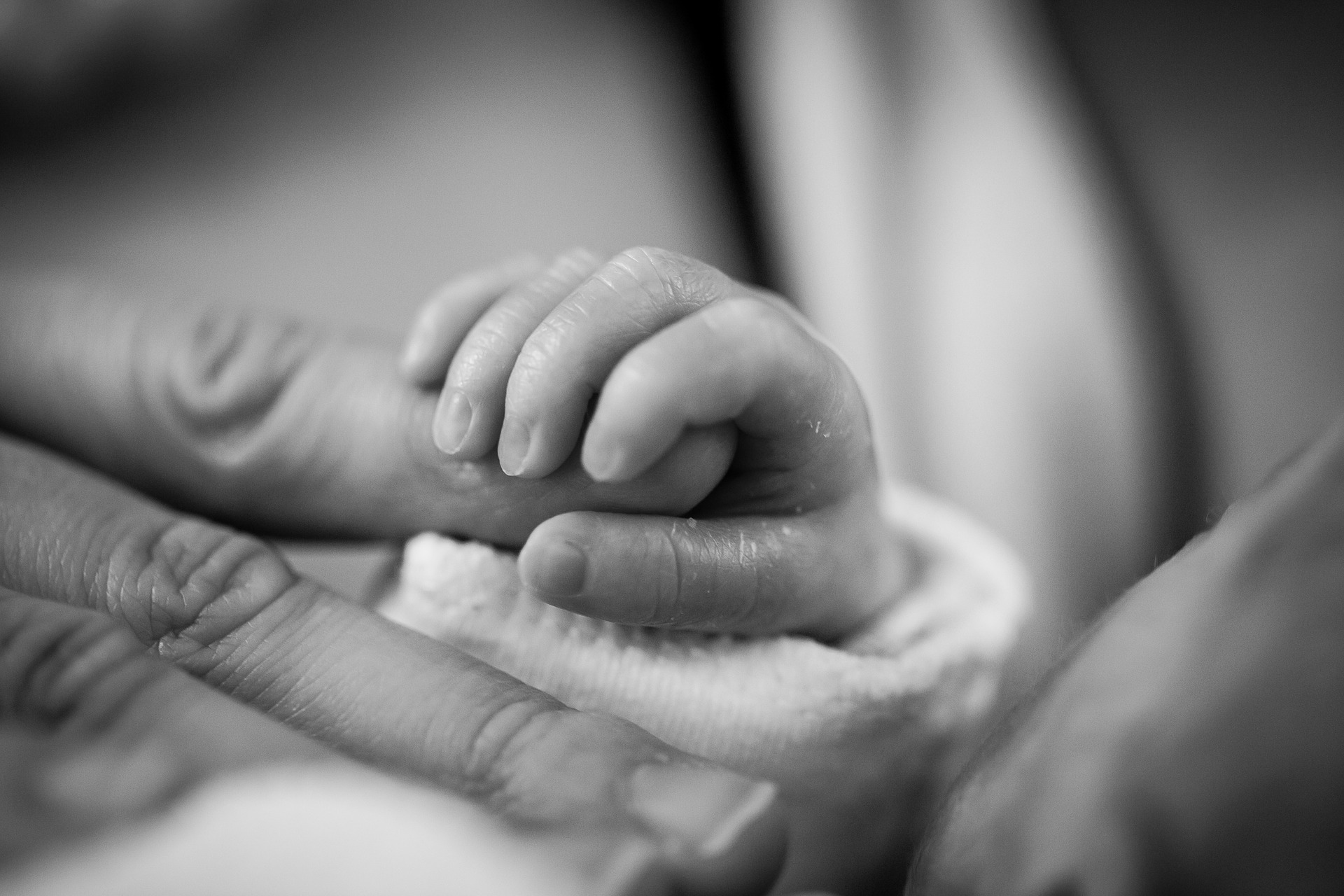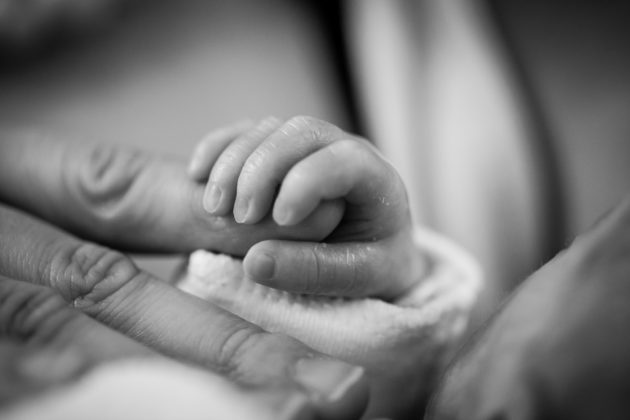
What I Learned As a Jewish Doula in North Carolina
 There came a moment, in every labor I attended as a young doula, where the task at hand felt not only overwhelming, but entirely out of my depth. I’d usually find myself pulling back the legs of a person I had often met only hours before, struggling and squinting to see through the harsh theatre lights that descended from the ceiling shortly before delivery, all the while dodging insults directed vaguely toward anyone in the vicinity. I tried not to take anything personally. That wasn’t always enough to keep swirling self-doubt at bay. It was never a fault of confidence in my knowledge—instead, I feared that the knowledge was worthless. That for all of my soothing tones and gentle affirmative phrases of support, I wasn’t helping. The cycle of doubt came in waves, and usually subsided around the time I slipped out of the room post-birth, exhausted, to pay for the overpriced tea at hospital café amongst doctors and nurses far more tired than I. By the time I dragged myself back to bed—or to class—the most painful moments had all but evaporated from my memory, replaced by the flashes of joy only the arrival of a new human being could bring.
There came a moment, in every labor I attended as a young doula, where the task at hand felt not only overwhelming, but entirely out of my depth. I’d usually find myself pulling back the legs of a person I had often met only hours before, struggling and squinting to see through the harsh theatre lights that descended from the ceiling shortly before delivery, all the while dodging insults directed vaguely toward anyone in the vicinity. I tried not to take anything personally. That wasn’t always enough to keep swirling self-doubt at bay. It was never a fault of confidence in my knowledge—instead, I feared that the knowledge was worthless. That for all of my soothing tones and gentle affirmative phrases of support, I wasn’t helping. The cycle of doubt came in waves, and usually subsided around the time I slipped out of the room post-birth, exhausted, to pay for the overpriced tea at hospital café amongst doctors and nurses far more tired than I. By the time I dragged myself back to bed—or to class—the most painful moments had all but evaporated from my memory, replaced by the flashes of joy only the arrival of a new human being could bring.
I became a doula on one of my better whims. Never someone who felt called to the hard sciences, by my third year of undergraduate study, I’d naturally directed myself toward the humanities. I primarily dealt in history, with an emphasis on the United States. I coupled that with a major in gender studies, indulging my desire both to inform my historical analysis with a feminist lens and to read Audre Lorde for credit. Over the course of my time at the University of North Carolina at Chapel Hill, I slowly narrowed in on reproductive health as a political touchstone and cultural fuse. Studying reproductive rights meant existing at the intersection of many disciplines, where the personal contends with the political. After three years of increasingly specialized seminars and an invitation to write my senior honors thesis on legal ramifications of zone-of-privacy laws for abortion clinics, I felt almost entirely settled in the path I felt my life was taking. Almost.
I had the sense that I lacked a practical relationship with the people I spent so much time writing about.



